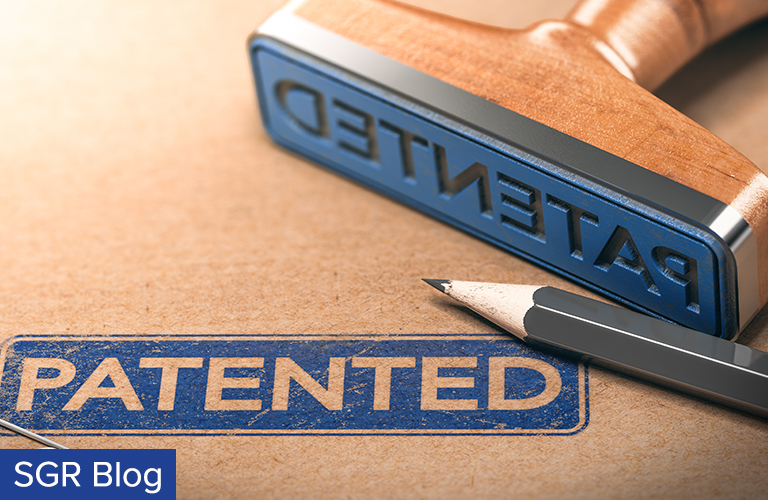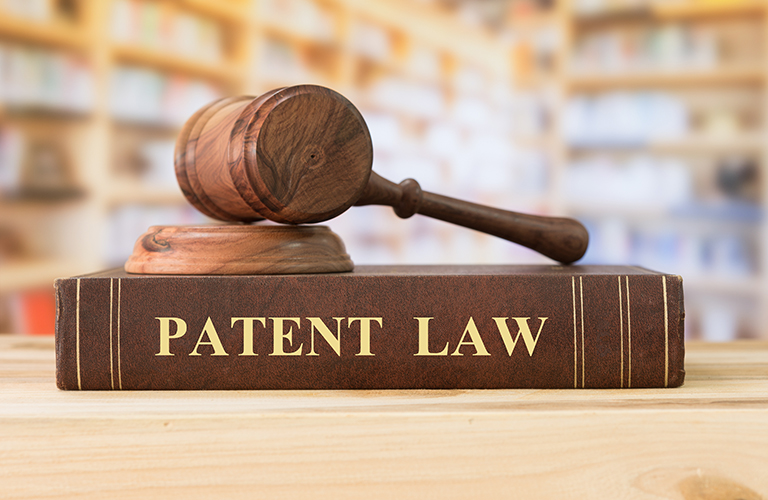
On January 22, 2019, the Supreme Court held that amendments by the America Invents Act (AIA) to the U.S. Patent Act did not exclude secret sales from the on-bar sale doctrine, meaning such sales that occur before a patent’s filing can lead to its invalidation. The issue was whether the amendment that added the phrase “or otherwise available to the public” changed the meaning of “on sale”, such that the claimed invention of the sale itself had to be publicly disclosed in order for the sale to be an invalidating prior art event. (Read the original article on this topic.)… Read more


